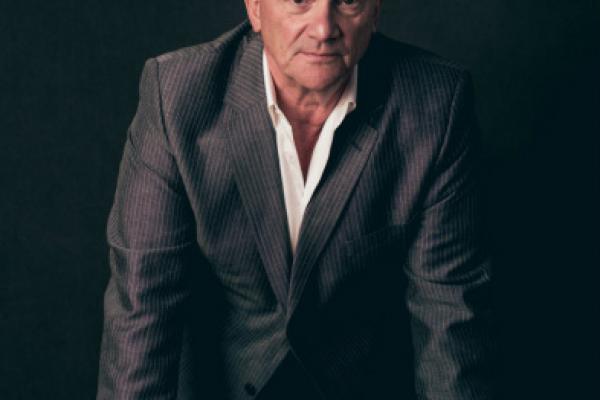Olcese: In the creation of the film, did you find yourself sympathizing with one character or the other? Was one character easier to make more sympathetic?
Hamm: No. I couldn’t. I absolutely wanted to make the film balanced and fair to both sides. That was completely essential. Don’t forget, both these figures were not liked in Europe before they became statesmen. They were both radical. McGuinness was an ex-member of the IRA, Paisley was a firebrand preacher on the right. These were two men who were pretty much despised universally outside of their own base. It’s like The Odd Couple in the back of a car. I think what the humanity of that is when you take all that away, when you remove from the politician the artifice, and you get a chance to look at them as people, and I think that’s what happens in the movie.
Read the Full Article

